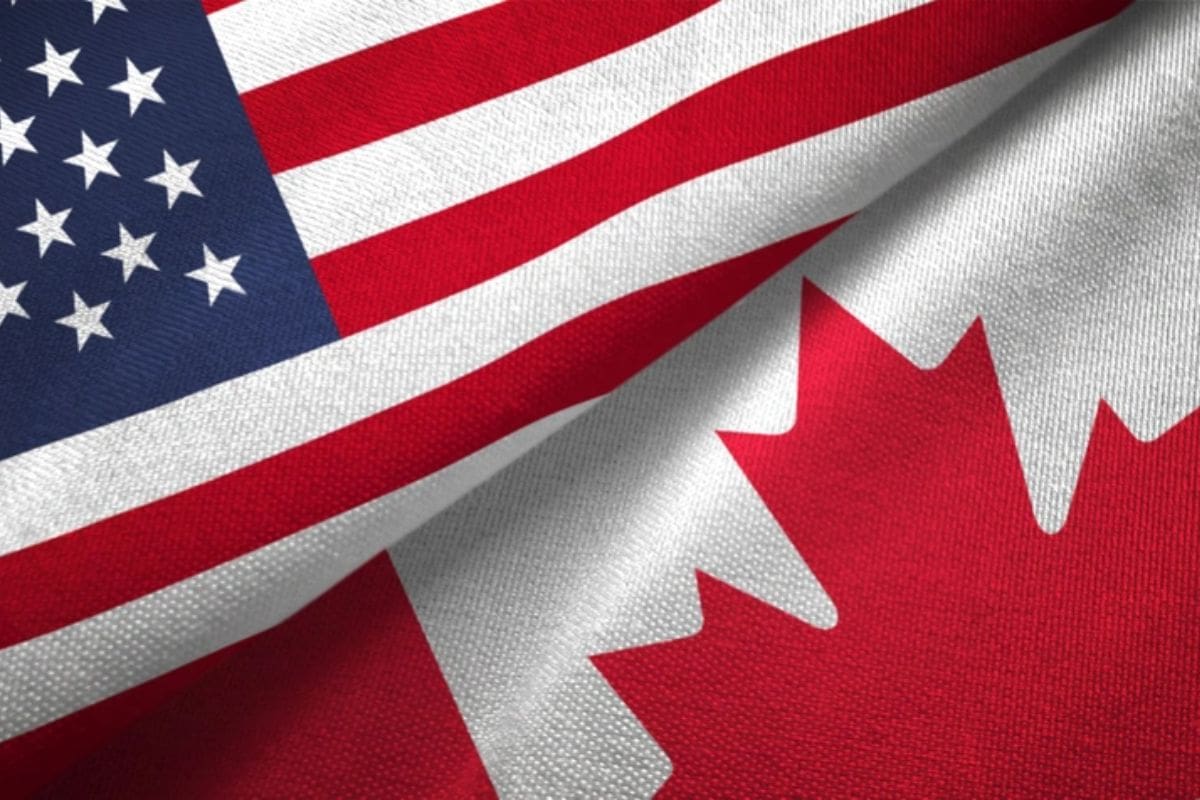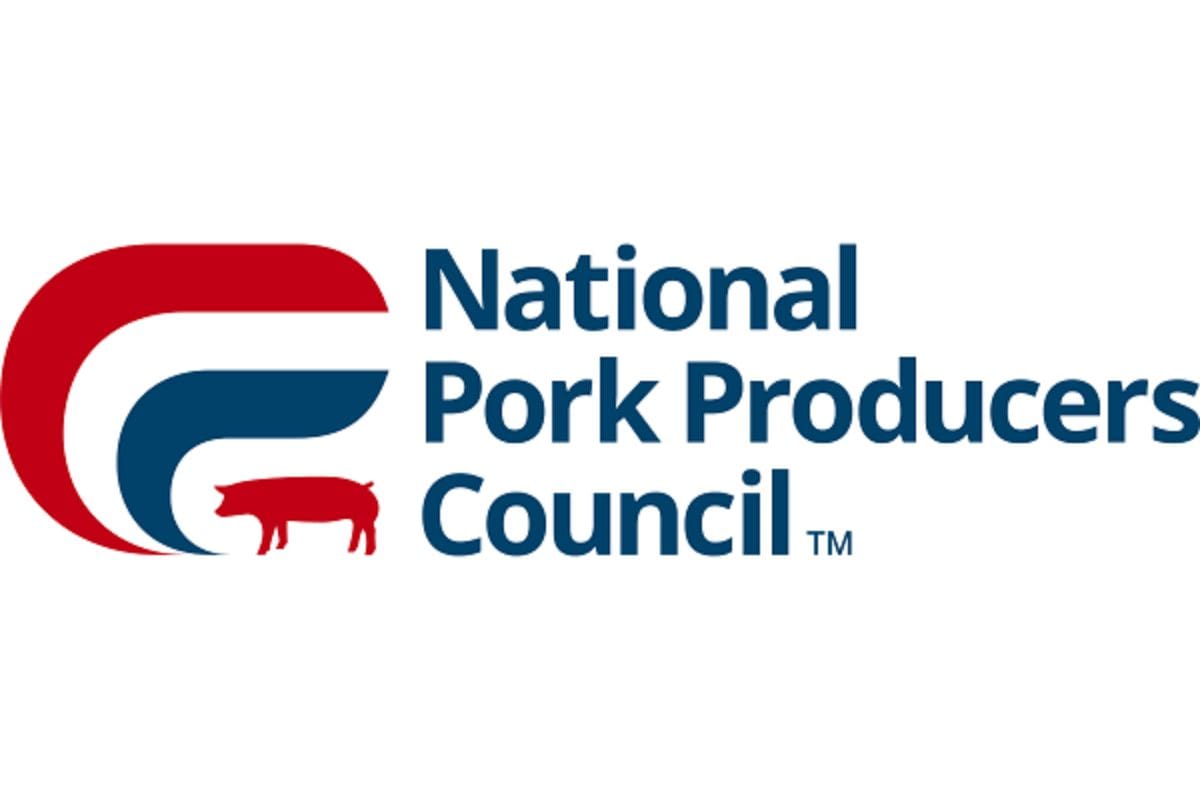Canada Trade Worries With U.S: Canada’s trade relationship with the United States has long been a source of stability and prosperity for both nations. However, recent concerns have emerged regarding U.S. agricultural regulations that could potentially disrupt this harmonious partnership.
The focus of these worries revolves around the U.S. Country of Origin Labeling (VCOOL) regulations and California’s Proposition 12. As Canada raises concerns about the implications of these regulations on its agricultural exports, tensions begin to rise.
In this article, we will explore the Canadian critique of the U.S. VCOOL proposal, the impact of California’s Proposition 12, and the efforts made by the National Pork Producers Council (NPPC) to address these concerns.
Key Takeaways
- Canada is concerned about potential negative impacts on its farmers and exporters due to proposed changes to voluntary country-of-origin labeling (VCOOL) regulations by the United States.
- The proposed changes to VCOOL regulations could create trade barriers and disrupt supply chains, leading to increased costs and reduced market access for Canadian farmers.
- California’s Proposition 12, which mandates animal housing practices, further exacerbates trade concerns between Canada and the United States, as it may conflict with Canadian agricultural practices and impose significant costs on Canadian farmers.
- The National Pork Producers Council (NPPC) is actively responding to these concerns and advocating for fair trade practices and regulations, urging the USDA to reconsider the VCOOL rule and engaging with lawmakers to address the negative consequences of Proposition 12.
Canada Raises Trade Concerns with U.S. over VCOOL Regulations
Canada has raised trade concerns with the United States regarding proposed changes to voluntary country-of-origin labeling (VCOOL) regulations. Canadian Agriculture Minister Lawrence MacAulay expressed these concerns during a meeting with U.S. Agriculture Secretary Tom Vilsack. The Canadian government is worried that the proposed changes could have negative implications for Canadian farmers and exporters who rely on the U.S. market.
VCOOL regulations play a crucial role in informing consumers about the origin of their food products, particularly focusing on the modifications for meat, poultry, and eggs labeling under the U.S. Department of Agriculture’s jurisdiction. Any modifications to these regulations could impact the transparency and integrity of the labeling system.
Canada is urging the United States to carefully consider the potential trade implications and work towards a mutually beneficial solution that addresses the concerns raised.
Canadian Critique of U.S. VCOOL Proposal
Expressing concerns over potential trade restrictions and disruptions in supply chains, Canadian Agriculture Minister Lawrence MacAulay has critiqued the proposed changes to voluntary country-of-origin labeling (VCOOL) regulations by the Biden administration.
The Biden administration’s proposal aims to allow U.S. food companies to label products as ‘Product of USA’ only when they are derived from animals born, raised, slaughtered, and processed within the United States.
MacAulay’s critique stems from the fear that these changes could create trade barriers, impacting Canadian agricultural exports to the United States.
The uncertainty surrounding the new regulations could lead to disruptions in supply chains, resulting in increased costs and reduced market access for Canadian farmers.
MacAulay emphasizes the importance of maintaining fair and open trade between the two countries, urging the Biden administration to consider the potential negative consequences these changes might have on the Canadian agriculture industry.
California’s Proposition 12 Adds to Trade Concerns
California’s Proposition 12, which mandates animal housing practices, has further exacerbated trade concerns between Canada and the United States. Approved by California voters in 2018 and upheld by the U.S. Supreme Court, Proposition 12 imposes production standards on pork, eggs, and veal sold in the state.
Here are the key points related to this trade concern:
- Proposition 12’s requirements for animal housing practices may conflict with Canadian agricultural practices, creating potential trade barriers.
- Canada argues that Proposition 12’s regulations go beyond what is necessary for animal welfare and may be used as a non-tariff barrier to limit imports.
- The Canadian government has voiced concerns that complying with Proposition 12 could result in significant costs for Canadian farmers and processors.
- These trade concerns add to the existing tensions between Canada and the United States regarding agricultural regulations and highlight the need for further dialogue and negotiation to address these issues.

Also Read: Recent Law Changes Implications of California
National Pork Producers Council’s (NPPC) Response
The National Pork Producers Council (NPPC) has responded to the concerns raised about potential tariff retaliation and increased costs for livestock producers resulting from the proposed changes to the VCOOL rule.
In June, the NPPC urged the USDA to reconsider the VCOOL rule, arguing that it could lead to higher costs for livestock producers and strain diplomatic ties with trading partners.
The NPPC is concerned about potential tariff retaliation against U.S. agricultural goods due to the proposed VCOOL changes. This response highlights the NPPC’s commitment to protecting the interests of livestock producers and maintaining favorable trade relations.
NPPC’s Efforts to Address Proposition 12 Impact
The NPPC is actively collaborating with Congress to tackle the challenges arising from state regulatory overreach, particularly regarding the significant increase in pork production costs caused by Proposition 12. The organization is taking several steps to address the impact of Proposition 12 on the pork industry:
- The NPPC is engaging with lawmakers to highlight the negative consequences of Proposition 12 and advocate for a more balanced approach to labeling and production standards.
- They are working to raise awareness among policymakers about the potential trade disruptions and market distortions that could result from implementing such regulations.
- The NPPC is also urging Congress to consider the potential violation of the U.S. Constitution’s Commerce Clause, which prohibits states from enacting laws that discriminate against interstate commerce.
- Additionally, the organization is exploring legal avenues to challenge Proposition 12 and protect the interests of U.S. pork producers.
Through these efforts, the NPPC aims to mitigate the detrimental impact of Proposition 12 on the pork industry and ensure fair and consistent regulations for agricultural trade.
Conclusion Of Canada Trade Worries With U.S
Canada has expressed trade concerns with the United States regarding agricultural regulations, particularly the VCOOL proposal. The critique of the U.S. VCOOL proposal and California’s Proposition 12 has intensified these worries.
The National Pork Producers Council has responded to address the potential impact of Proposition 12.
The ongoing efforts to address these trade concerns will continue to shape the relationship between Canada and the United States in the agricultural sector.
Our Reader’s Queries
Are there any trade restrictions between the US and Canada?
There are no constraints on foreign exchange, and only a select range of goods necessitate import licenses. Import duties typically apply to incoming goods, with licenses being mandatory for items regulated by the Export and Import Permits Act.
What barriers to trade exist in Canada?
Certain products face notably elevated tariffs. Selling to the government is restricted. Import licenses are obligatory. Measures against dumping and countervailing duties are enforced.

